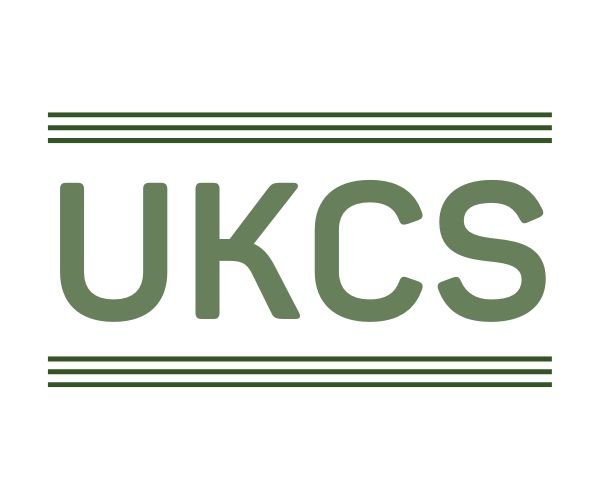Christian Scientists and Respect for the Rights of Others
The following was posted on the Committee on Publication page on Christian Science.com in response to the imposition that Christian Scientists would impose their beliefs on others.
As people of many faiths, Christian Scientists take the Golden Rule as basic ethics. It guides our relations with society, and while we can’t claim to have been always perfect in this regard, we feel strongly about respecting the rights of our neighbors and fellow citizens, and not imposing our own religious choices on others. Love for family, neighbor, community and the world is at the core of our values just as in most other churches. These values apply to choices relating to medical care and the issues raised in the current health insurance debate. The denomination doesn’t dictate in these matters either to its own members or to others. Long before the Affordable Care Act, for example, the church’s headquarters made available medical insurance benefits for those of its employees who wished to have this coverage.
We don’t see this as a contradiction of our Christian commitment or healing ministry. It’s just a matter of respect and consideration for valued colleagues. It would be surprising if business owners who are Christian Scientists didn’t naturally share this respect for the rights of their employees. The same values extend to issues of public health and safety. From the early years of our church’s history, obedience to law has been foundational to the practice of Christian Science. We’ve conscientiously sought to observe reporting, vaccination, and other public health requirements mandated by law or considered necessary for the protection of public health in specific situations. The religious accommodations in regard to vaccination that exist in a number of states reflect this history. As the Massachusetts Department of Public Health noted in a column in The New England Journal of Medicine in 1974, the accommodation of Christian Scientists as a religious minority has been based on a tradition of “mutual tolerance” and shared underlying values. “In modern practice,” the column pointed out, the denomination “has also drawn a careful distinction” between legitimate respect for religious practice and “what society may reasonably expect [an individual] to do for the general good…" (“Christian Science and Community Medicine,” 2/14/1974, 401-2).
In this spirit, we see respect for our neighbors’ concerns being as valid as respect for the concerns of a spouse or family member of a different faith. The common good includes everyone. And so we can understand the public health concerns that have been raised in recent years by the larger number of exemptions from vaccination being claimed for non-religious reasons. The practice of spiritual healing is a conscientious choice for Christian Scientists.
Countercultural as it may seem in today’s world, it isn’t the narrow religious stereotype often assumed. It isn’t a dogma that can or should be imposed by church fiat, but a heartfelt practice rooted in love and “common humanity” (as the church’s founder put it more than a century ago). While laws and conditions may change over time, we continue to be grateful for the tradition of mutual tolerance and respect that makes the working out of honest differences possible in a diverse democratic society.
